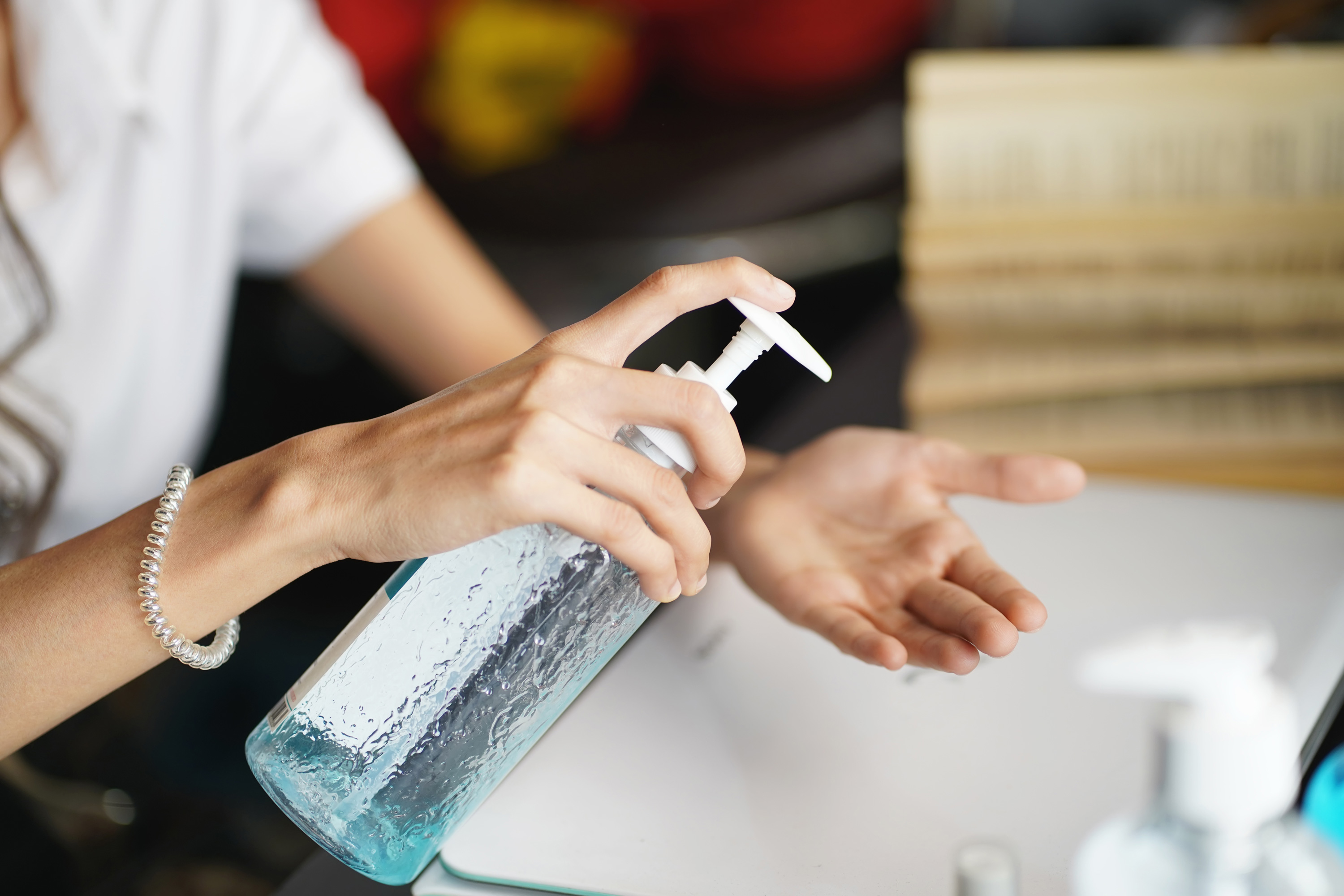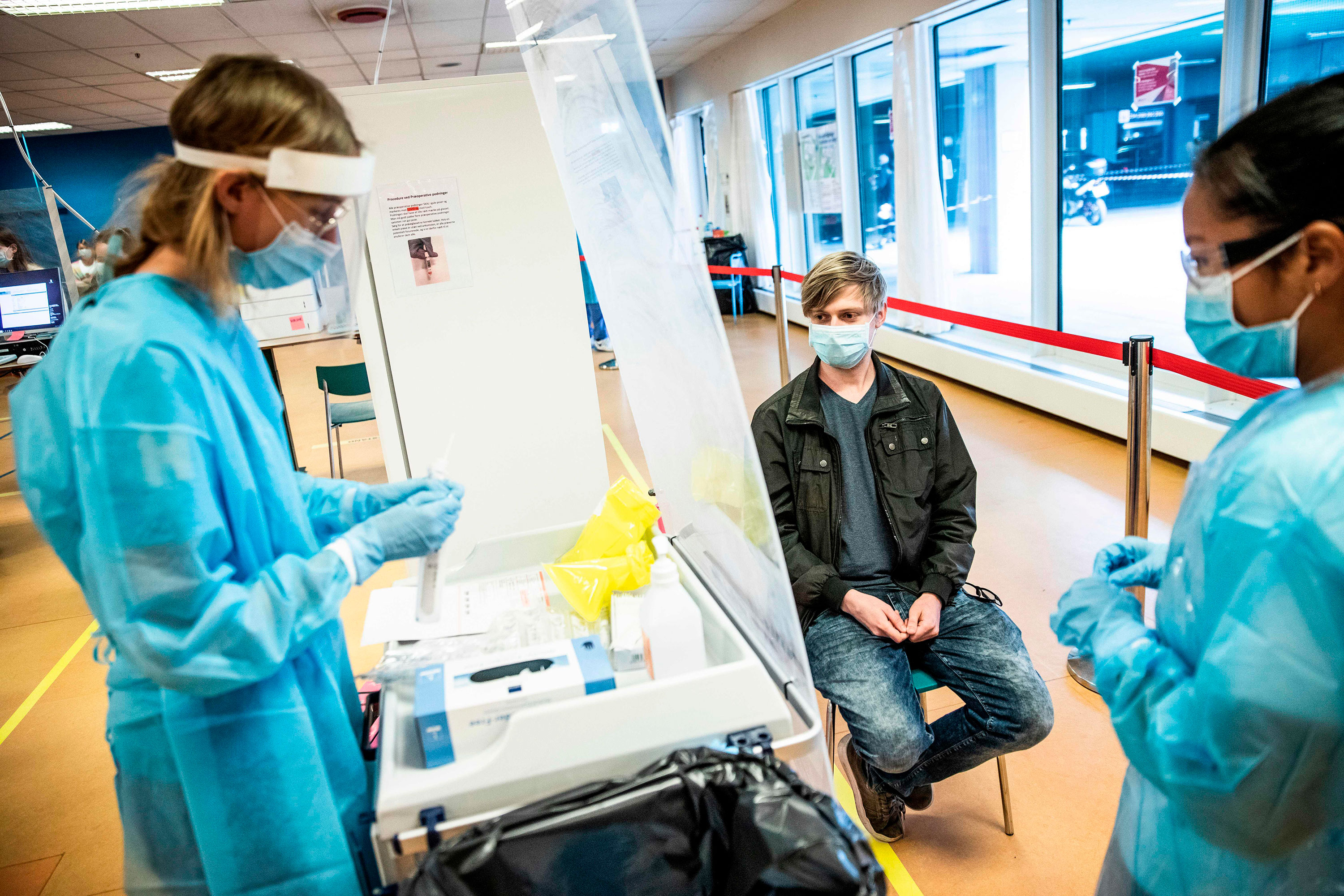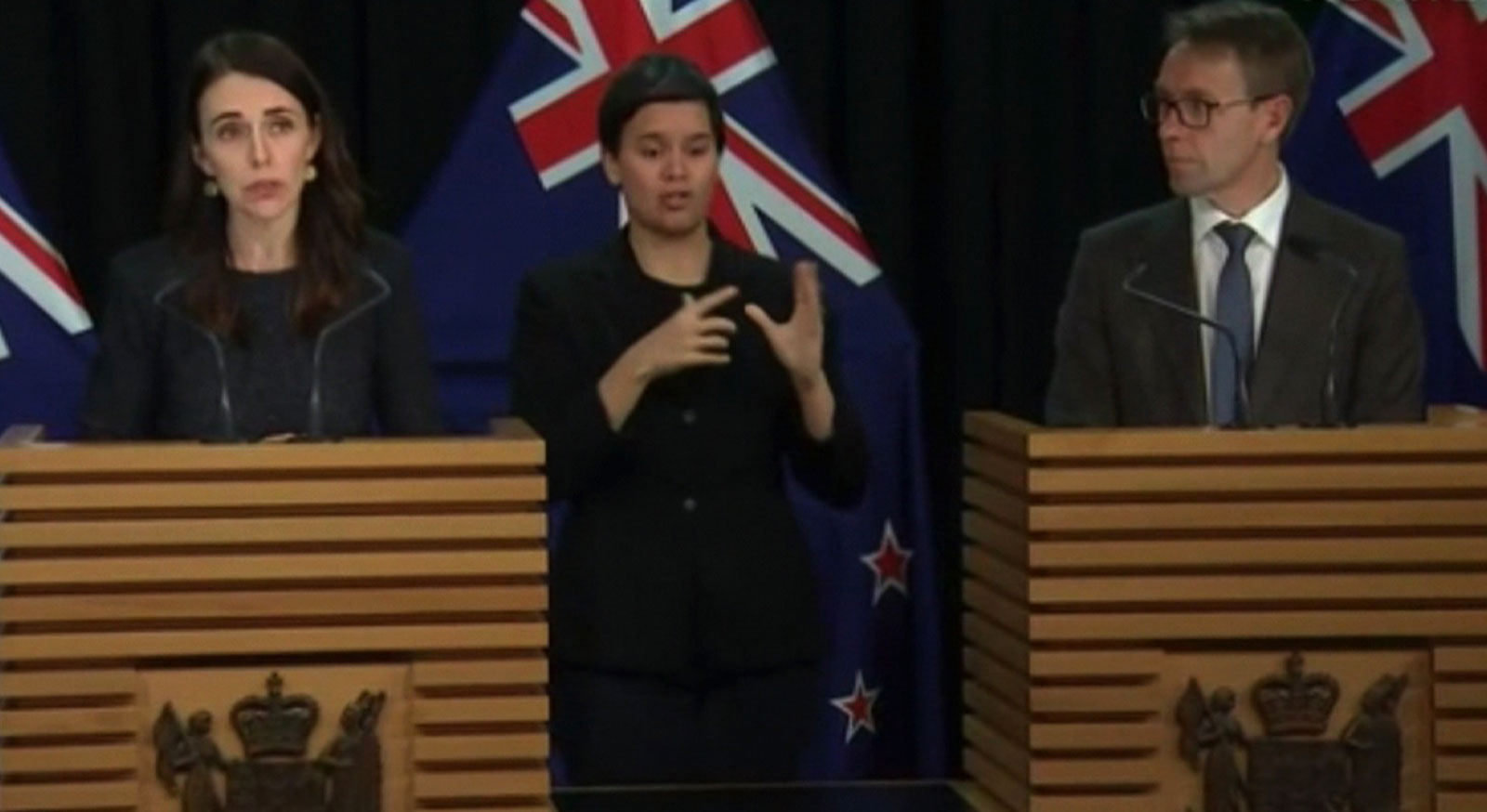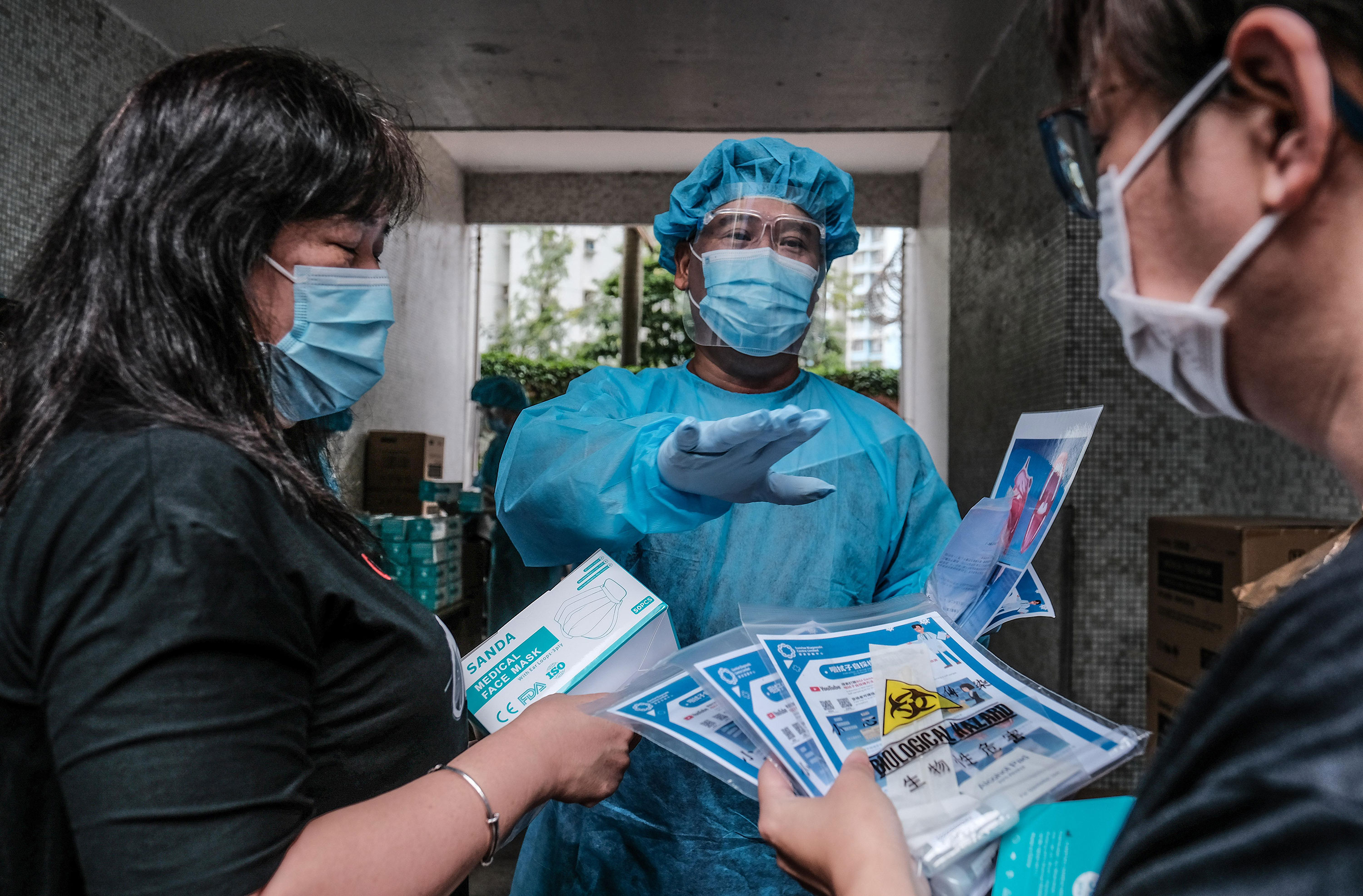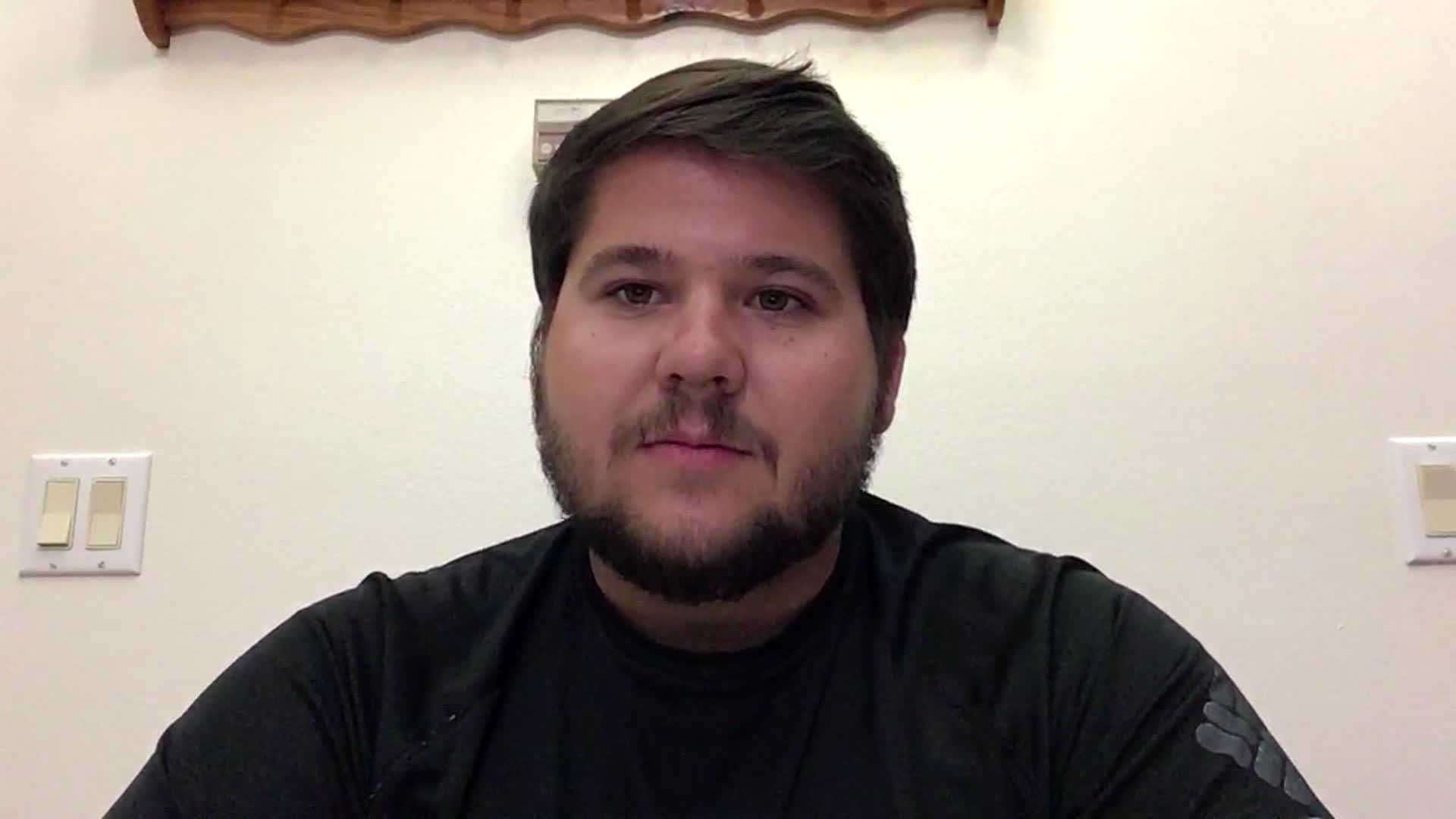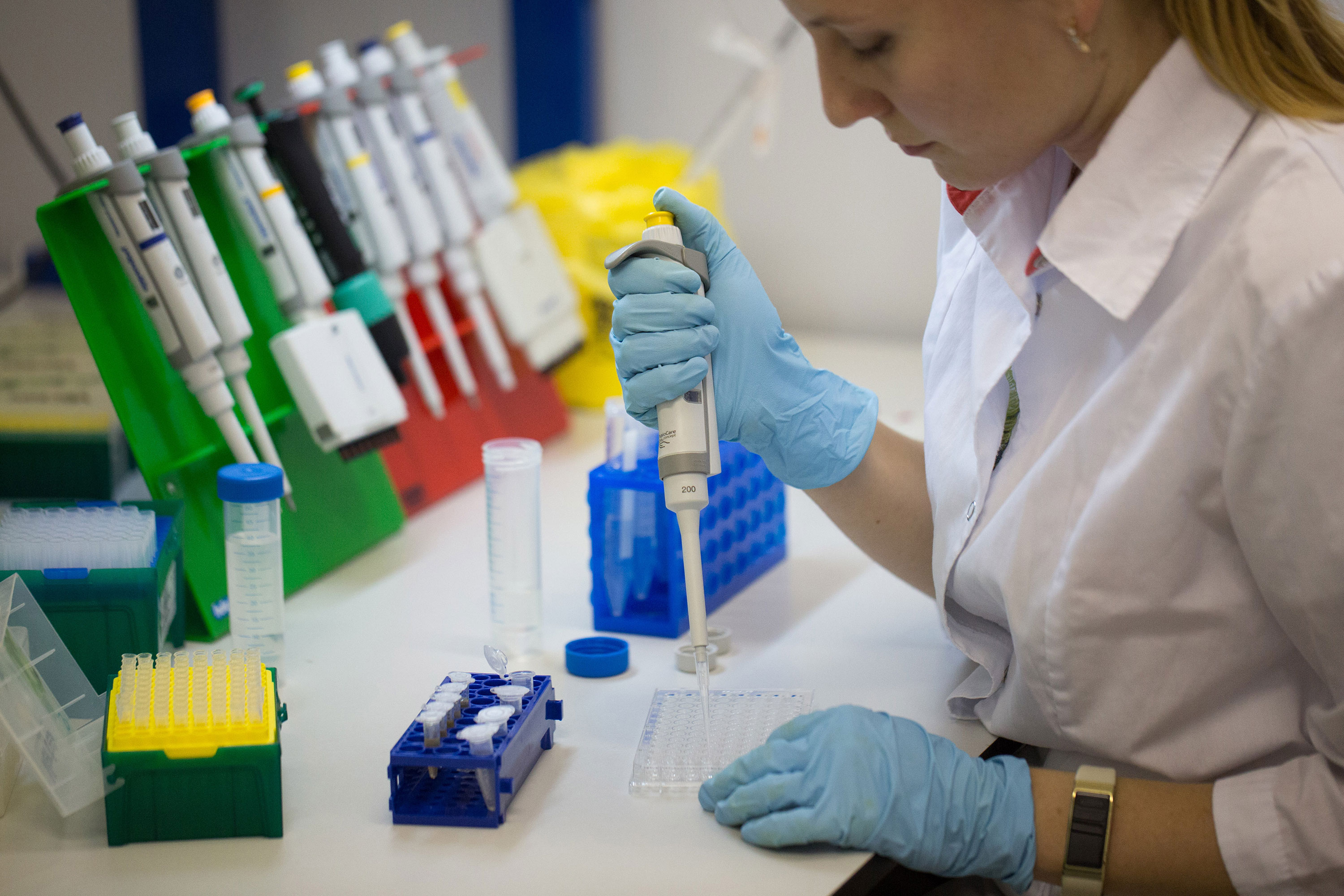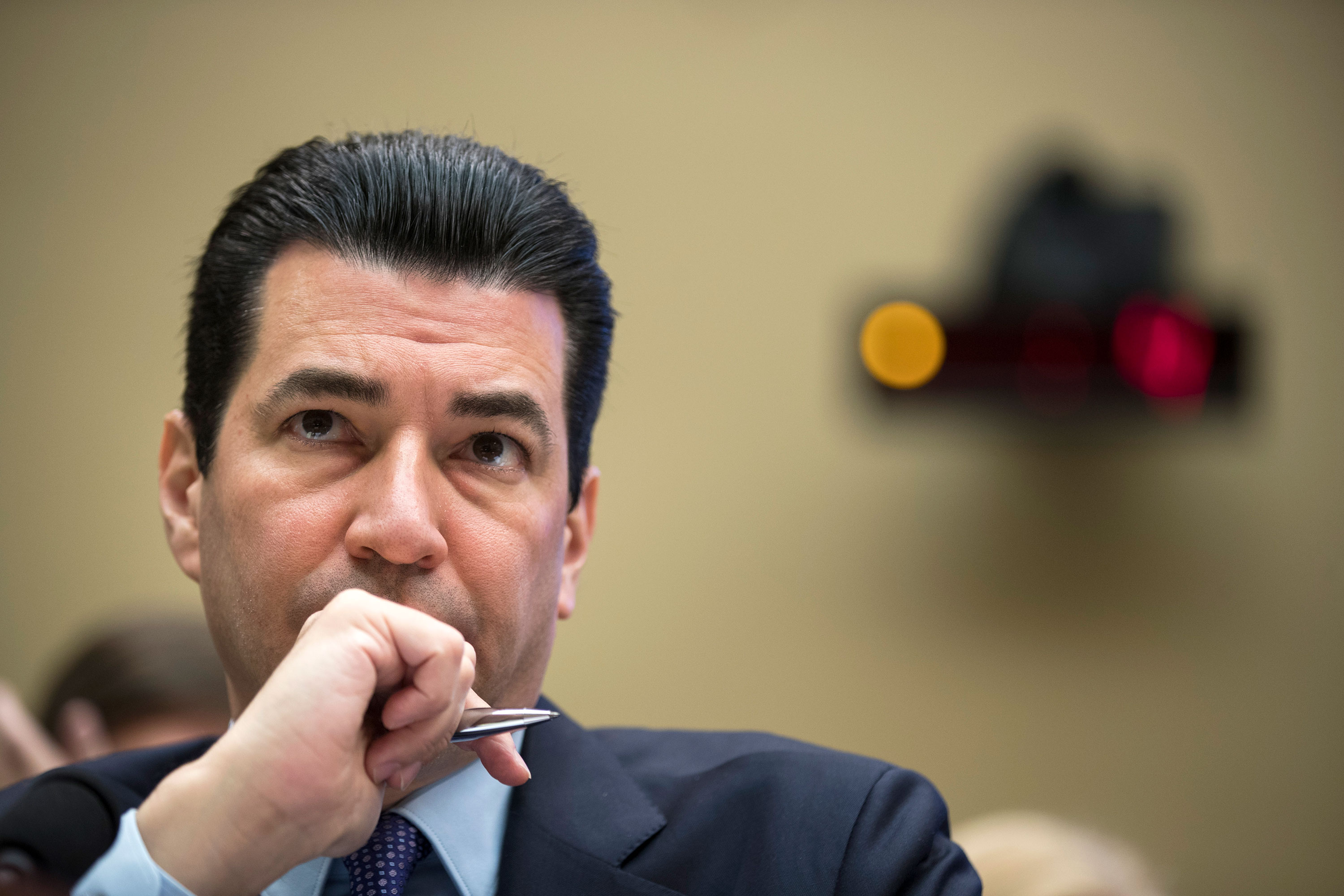
Dr. Scott Gottlieb, former commissioner of the US Food and Drug Administration, said on Tuesday that he would not take the Russian vaccine outside of a clinical trial.
“I wouldn’t take it, certainly not outside of a clinical trial right now,” Gottlieb said on CNBC. “It appears that it’s only been tested in several hundred patients, at most. There’s some reports that it’s been in as few as 100 patients.”
Gottlieb explained that it was an adenoviral vector vaccine, which is “not a trivial vaccine in terms of the technical complexity that goes into manufacturing.”
China is also developing an adenoviral vaccine, which is in clinical trials in Canada, but early data from that vaccine isn’t very encouraging, he said.
There are more things that can go wrong from a safety standpoint with this type of vaccine, Gottlieb said, including that people could have a reaction to the viral vector itself.
“It’s not clear how efficacious the Russian vaccine is going to be and whether or not people have some prior immunity to the adenovirus that they’re using to deliver the coronavirus gene sequence,” he said.
Gottlieb said that at this point he was worried about both the safety and the efficacy of the Russian vaccine. Something that has only been tested in several hundred patients, which is effectively a phase one clinical trial, is not something you would want to take outside of a clinical trial where you are closely monitored, he said.
“In a lot of these situations, you might only get one shot at taking a vaccine within a season, so if you put a vaccine on the market that’s not efficacious, it’s going to be hard to revaccinate the population, so you want to make sure it works,” he said.
Gottlieb also tweeted a clip of his interview with CNBC, with the caption: “Russia was reported to be behind disinformation campaigns to sow doubts in U.S. about our Covid vaccines; and today’s news that they “approved” a vaccine on the equivalent of phase 1 data may be another effort to stoke doubts or goad U.S. into forcing early action on our vaccines.”
Read his tweet:



